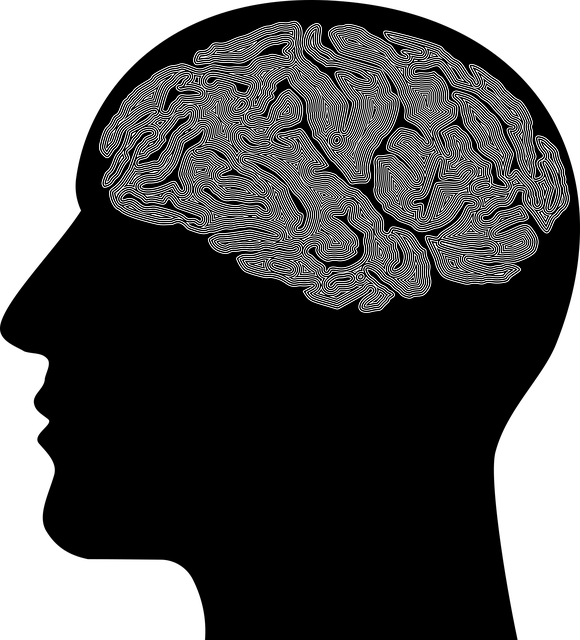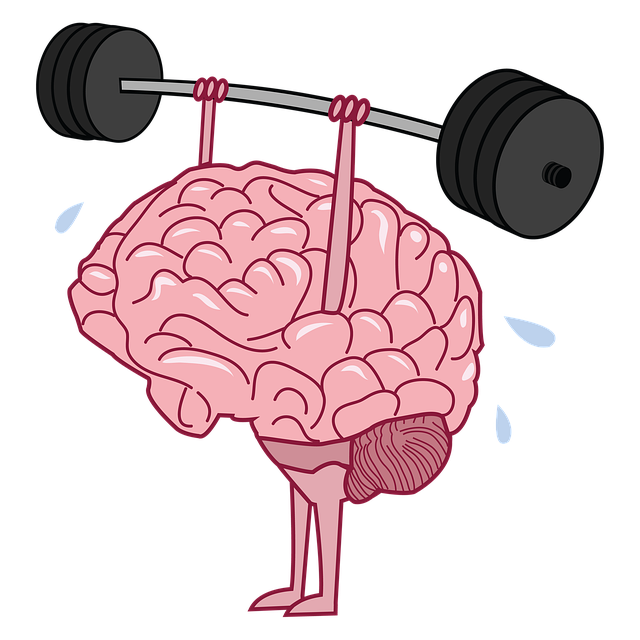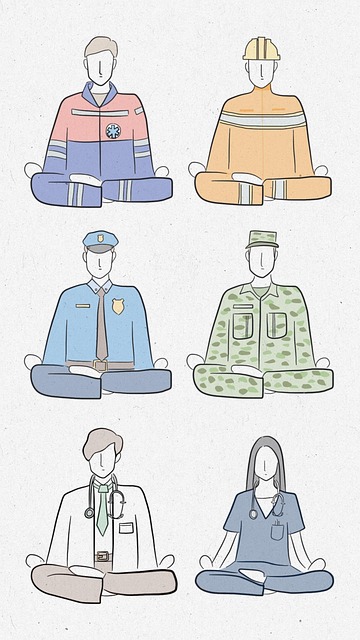Superior Major Life Transitions (SMLT) Therapy leverages Recovery-Focused Management (RFM), integrating Compassion Cultivation Practices, to build resilience in individuals facing significant life changes. This approach, emphasizing positive thinking and self-compassion, equips clients with coping skills, support networks, and resilient mindsets through evidence-based exercises tailored by mental health professionals. By measuring success through comprehensive risk assessments and tracking emotional well-being, SMLT offers dynamic adjustments to foster resilience in personal, professional, or relational transitions, enhancing overall mental health.
Resilience is a crucial asset for navigating life’s challenges, especially during superior major life transitions. This article explores RFM (Recovery, Flexibility, and Mastery), a powerful framework enhancing resilience building exercises (RBE). We delve into the role of RFM in therapy, guiding individuals to overcome adversity. Understanding key life shifts and their impact is vital. Learn how tailored RBEs can be designed and integrated into therapeutic sessions. Discover methods to measure success and refine approaches for optimal results in fostering resilience during significant life changes.
- Understanding RFM and Its Role in Resilience Building
- Identifying Major Life Transitions and Their Impact
- Designing Effective Resilience-Building Exercises
- Implementing RFM in Therapy Sessions
- Measuring Success and Adjusting the Approach
Understanding RFM and Its Role in Resilience Building

Resilience, the ability to adapt and bounce back from adversity, is a vital asset in navigating life’s superior major life transitions. That’s where RFM (Recovery-Focused Management) steps in as a powerful tool. It isn’t just about overcoming challenges; it empowers individuals to thrive despite them. By focusing on positive thinking and cultivating compassion within oneself, RFM fosters a mindset that enhances overall well-being.
This approach is especially relevant in therapy contexts, where Healthcare Provider Cultural Competency Training can play a crucial role. By integrating Compassion Cultivation Practices into their arsenal, therapists can facilitate meaningful changes. It’s not just about treating symptoms; it’s about equipping individuals with the skills to navigate life’s twists and turns, fostering resilience that goes beyond the therapy room and into everyday experiences.
Identifying Major Life Transitions and Their Impact

Major life transitions, such as moving to a new city, losing a job, or experiencing the death of a loved one, can significantly impact an individual’s mental and emotional well-being. These events often trigger feelings of stress, anxiety, and depression, which can be overwhelming for some people. Recognizing and understanding these pivotal moments in life is crucial for implementing effective strategies to enhance resilience.
Superior Major Life Transitions Therapy (SMLT) focuses on helping individuals navigate these challenging periods by developing coping skills that foster adaptability and emotional stability. Through SMLT, one learns to embrace change, build a support system, and cultivate a positive mindset, which are all essential aspects of resilience-building. Public awareness campaigns can play a vital role in educating people about the importance of resilience during such times and providing them with accessible resources for coping with life’s curveballs.
Designing Effective Resilience-Building Exercises

Designing effective resilience-building exercises is a meticulous process that leverages various therapeutic techniques to prepare individuals for Superior Major Life Transitions (SMTs). These exercises should be tailored to address the unique challenges posed by SMTs, such as job loss, major life changes, or traumatic events. Mental health professionals play a pivotal role in creating an environment conducive to learning and growth through structured activities that foster positive thinking and build coping strategies.
The integration of risk management planning is essential in these exercises, offering guidance on crisis intervention techniques. By combining evidence-based practices with practical tools for emotional regulation and problem-solving, professionals can empower individuals to navigate SMTs with enhanced resilience. The ultimate goal is to equip clients with skills that promote mental well-being, ensuring they are better prepared to face future challenges head-on.
Implementing RFM in Therapy Sessions

In Superior Major Life Transitions Therapy, incorporating Resilience, Flexibility, and Mastery (RFM) exercises can significantly enhance therapeutic outcomes. These structured activities are designed to help individuals navigate challenging life changes with greater equanimity and emotional resilience. During therapy sessions, therapists can guide clients through RFM practices tailored to their unique experiences, fostering a deeper sense of self-awareness and adaptive coping strategies. By integrating mindfulness meditation and emotional intelligence techniques, therapists support clients in understanding and managing their responses to stressful situations, ultimately facilitating smoother transitions and improved mental well-being.
The implementation of RFM in therapy involves teaching clients practical tools for assessing and responding to life’s demands. This may include training in emotional healing processes, such as identifying and regulating intense emotions, as well as cultivating a sense of inner strength and control. Through regular practice, individuals gain the capacity to approach major transitions—whether personal, professional, or relational—with enhanced resilience, allowing them to adapt and grow from these experiences rather than being overwhelmed by them.
Measuring Success and Adjusting the Approach

Measuring Success and Adjusting the Approach
The effectiveness of RFM and resilience building exercises can be evaluated through a comprehensive Risk Assessment for Mental Health Professionals, which identifies areas of improvement and ensures client safety. By analyzing the impact on clients’ emotional well-being promotion techniques, mental health professionals can gauge the success of these interventions. Self-Care Routine Development for Better Mental Health is an integral component, as it supports both therapists and clients in managing stress and maintaining equilibrium throughout the process.
Regular reviews and adjustments are crucial to tailor the approach to individual needs. This iterative process involves assessing progress, reflecting on outcomes, and modifying strategies as necessary. Such adaptability ensures that the RFM framework remains dynamic and responsive, fostering a supportive environment conducive to resilience building.
The implementation of RFM (Resilience, Flexibility, and Mastery) exercises offers a powerful approach to enhancing individuals’ resilience during significant life transitions. By understanding their unique impact on mental well-being, therapists can design tailored interventions. Effective RFM strategies in therapy sessions empower clients to navigate challenges with greater adaptability and strength. Continuous evaluation of these methods ensures that the support provided is superior, catering to the diverse needs of those facing major life transitions. Through this holistic approach, resilience building becomes a vital tool for personal growth and recovery.














